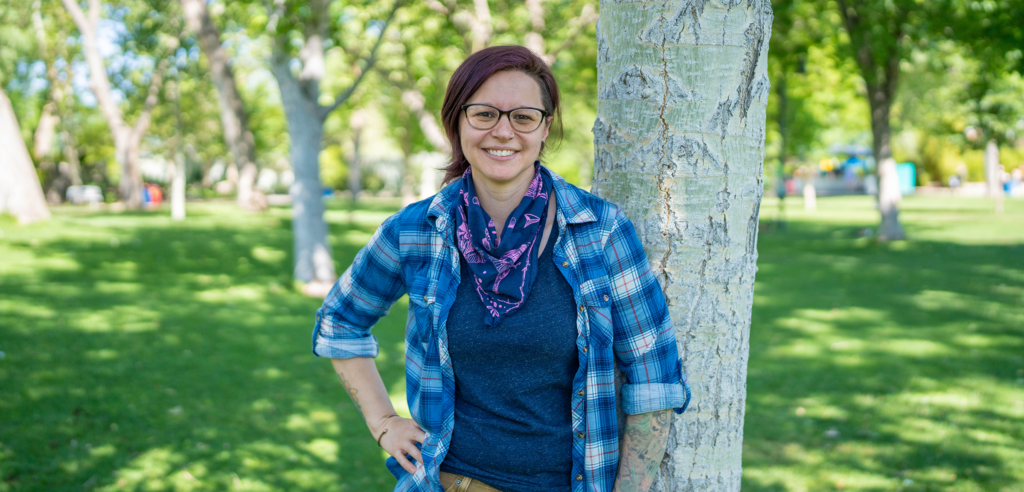DR. AMAËL BORZÉE. IUCN SSC Amphibian Specialist Group Co-Chair
Amaël became co-chair in 2022, after being deputy chair between 2021 and 2022. He is also the ASG webmaster since 2018. He completed a Master in behavioural ecology in Switzerland and a PhD on amphibian conservation in the Republic of Korea. He is currently a professor at Nanjing Forestry University in Nanjing, P.R. China where he leads the Laboratory of Animal Behaviour and Conservation. His research focuses on amphibian behaviour, phylogeny, ecology, taxonomy and conservation in northeast Asia. He would also like to work on determining what works best for amphibian conservation in various contexts. He has published over 200 peer-reviewed articles on his main research focus. aborzee[at]amphibians.org.
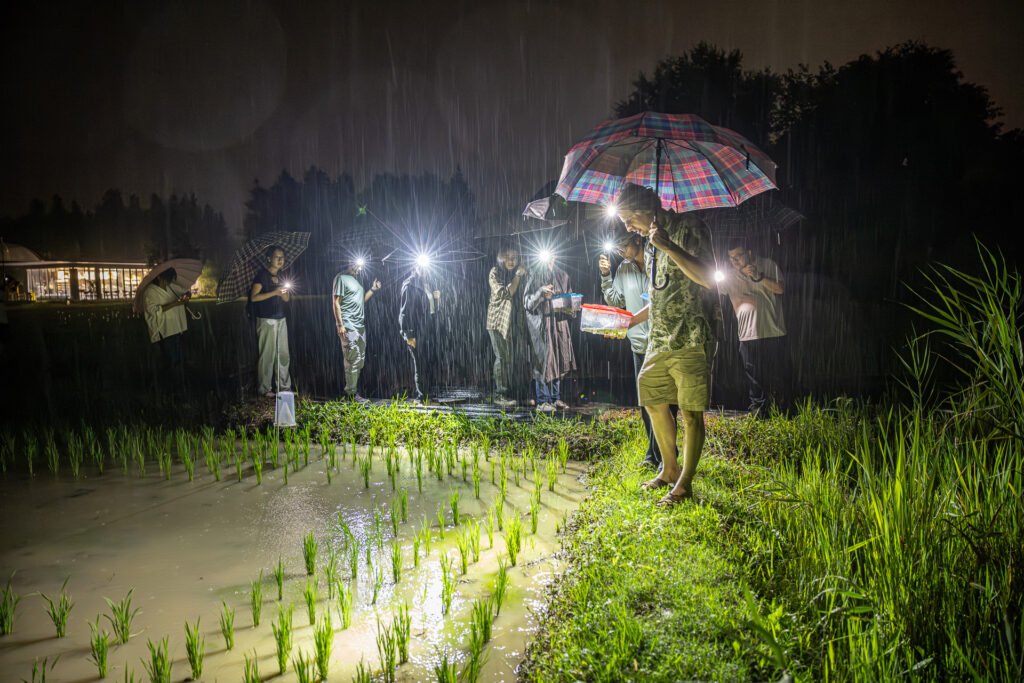
———
SALLY WREN. IUCN SSC Amphibian Specialist Group Co-Chair
The main focus of Sally’s role as ASG’s Conservation Planning Officer since 2013 is the update of the global Amphibian Conservation Action Plan (ACAP). Sally is also co-facilitator of the ASG Species Conservation Planning Working Group and is the ASG Secretariat Lead Contact on the subjects of translocations and captive management. Prior to working with the ASG Sally spent several years at the Zoological Society of London; there she worked on IUCN Red List assessments of freshwater fish and reptile species for the Red List Index, helped develop the EDGE Amphibians conservation initiative, and managed both the EDGE Fellows Programme and ZSL’s Mongolia Programme. Sally has a BSc in Zoology from Imperial College London, an MSc in Conservation from University College London, and is currently working towards a PhD at the University of Otago, which focuses on improving conservation methods for amphibians, with particular emphasis on effective conservation planning and translocations. swren[at]amphibians.org.
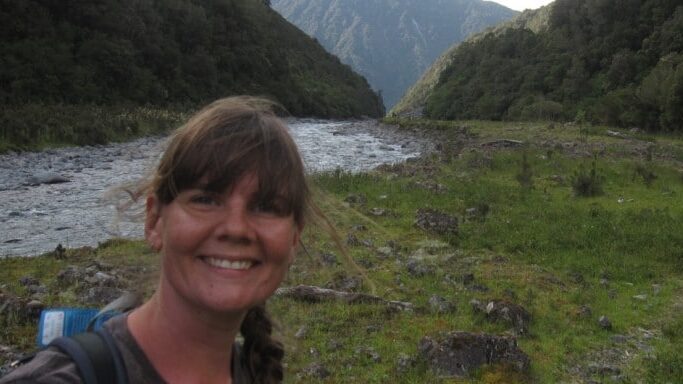
———
DR. RUTH MARCEC-GREAVES. IUCN SSC Amphibian Specialist Group Programme Officer
Dr. Ruth Marcec-Greaves is the Executive Officer for the Honduras Amphibian Rescue and Conservation Center (HARCC). Prior to that she was Director of the Detroit Zoo’s National Amphibian Conservation Center. Ruth has a DVM (University of Illinois) and a PhD in Animal Physiology (Mississippi State University). During her PhD, Ruth’s dissertation focused on captive breeding of amphibians and developing amphibian assisted reproductive technologies for salamanders. Although her background is in reproduction, physiology, and veterinary medicine, Ruth participates in a wide variety of amphibian conservation efforts around the globe. Some of these efforts include: reintroductions and survivability monitoring, population surveys, epidemiology studies, habitat restoration, genetic studies, natural history research, and climate change issues. Ruth works with multiple organizations, including ASA, IUCN, and AZA (Association of Zoos and Aquariums) with the goal of encouraging collaboration between amphibian conservationists across multiple venues and multiple fields of expertise. Ruth is part of the team updating the Amphibian Conservation Action Plan.
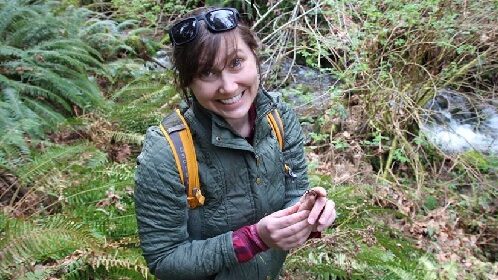
———
JIGME TSHELTHRIM WANGYAL. IUCN SSC Amphibian Specialist Group Regional and Membership Program Officer
Jigme is a doctoral candidate at the School of Environment and Rural Science, University of New England, Armidale, Australia. A pioneer in Bhutanese herpetology, he started herpetofauna research in Bhutan in 2008. He obtained a M. Sc in Biodiversity, Wildlife and Ecosystem Health from the University of Edinburgh, United Kingdom, and advocates the use of citizen science to understand the mostly unexplored herpetofauna of the Kingdom of Bhutan. He is also a Research Fellow with the Bhutan Ecological Society since 2021 and also served the Royal Government of Bhutan for two and half decades as forester.
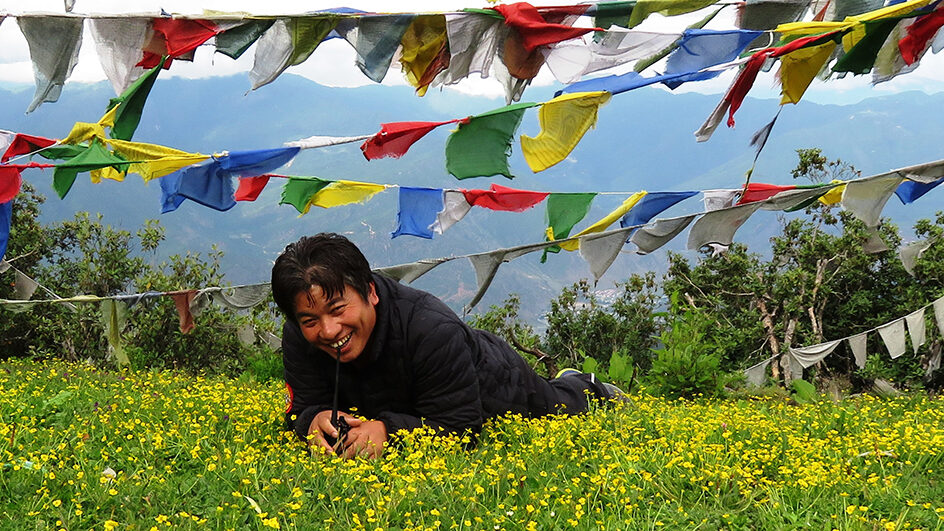
———
FRANCIS BOAFO ASAMOAH. IUCN SSC Amphibian Specialist Group Outreach Program Officer.
Francis is a final year Masters student with the Department of Wildlife and Range Management at the Kwame Nkrumah University of Science and Technology. During his undergraduate studies, Francis was a team leader of Save Ghana Frogs, West Africa’s first amphibian conservation organization. He was part of the team of scientists who discovered the largest number of the West African Giant Squeaker frog in a single survey period after its rediscovery. He is a passionate environmental communicator with over 7 years of expertise working with various conservation organizations. Francis is presently one of WWF’s Top 100 Young African conservation leaders.
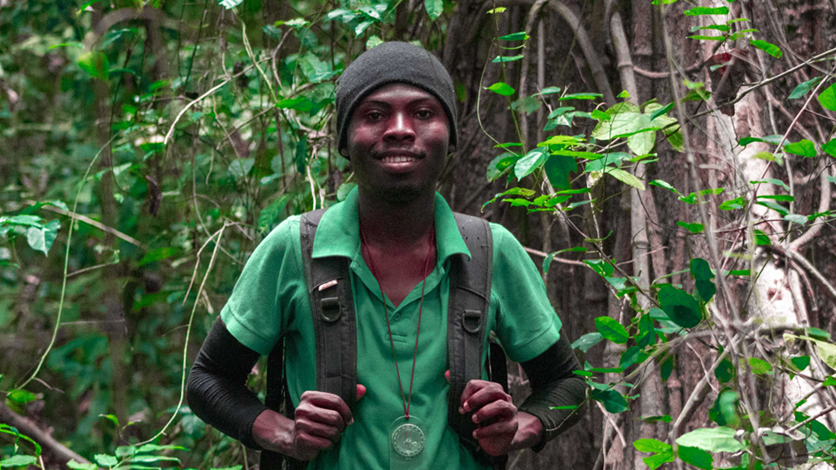
———
VISHAL KUMAR PRASAD. IUCN SSC Amphibian Specialist Group Liaison Officer.
Vishal is pursuing his Ph.D. at the Laboratory of Animal Behaviour and Conservation, Nanjing Forestry University, P.R. China. His academic journey began with a Master of Science in Environment Science and Technology from Bharati Vidyapeeth University, Pune, India, which laid the foundation for his contributions to the field. With prior research experience at the Wildlife Institute of India, his experience extends across a spectrum of areas, encompassing amphibian bioacoustics, behaviour, ecology, systematics, and conservation in Asia. vkprasad[at]amphibians.org.
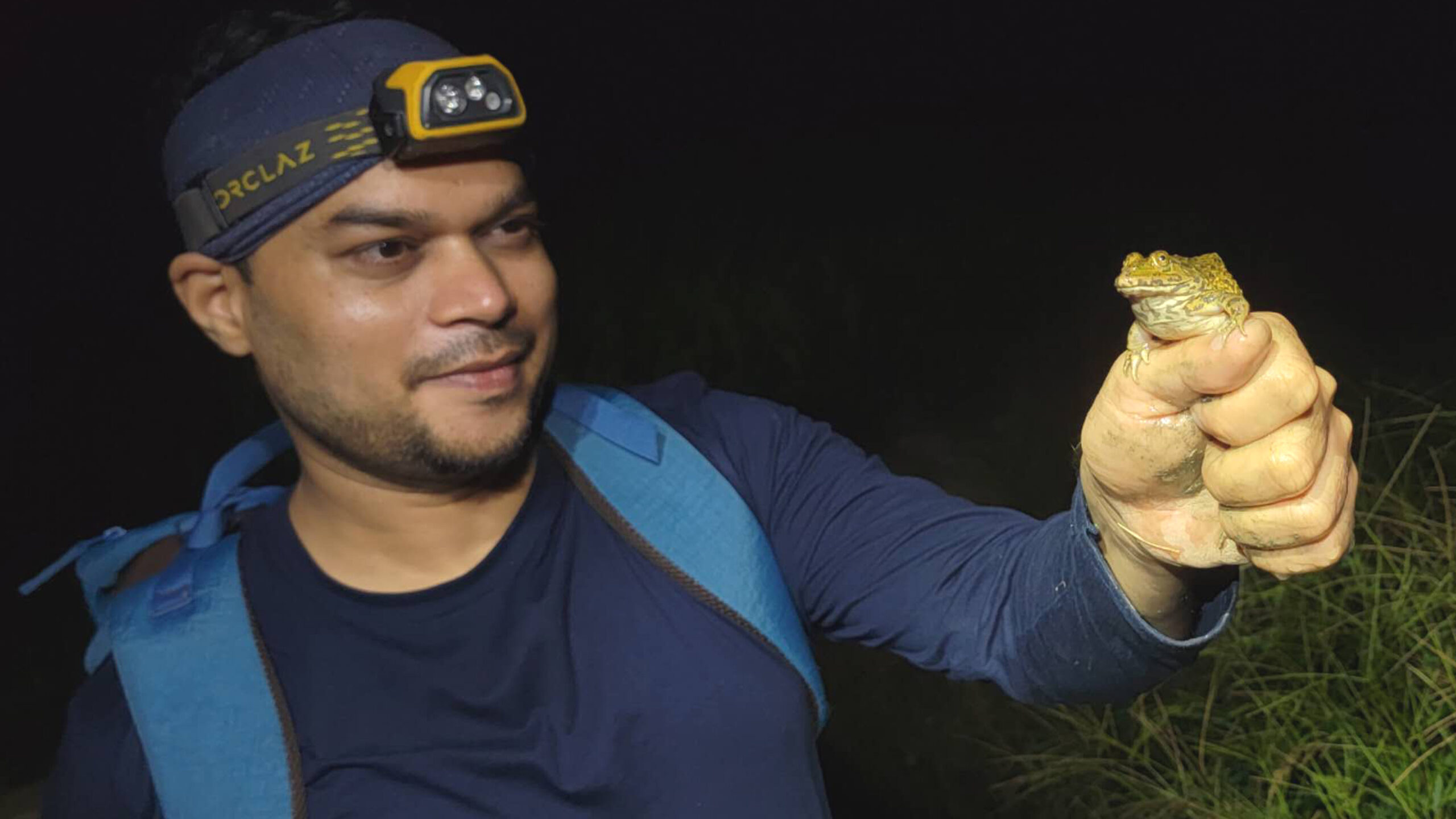
———
DR. IZABELA BARATA. IUCN SSC Amphibian Specialist Group Program Officer
Dr Izabela Barata works at Durrell Wildlife Conservation Trust coordinating Durrell’s global programme Saving Amphibians from Extinction (S.A.F.E) and at Instituto Biotrópicos where she leads the Amphibian Programme in Brazil. With a PhD in Biodiversity Management from the University of Kent, she is interested in the ecology and conservation of species and their habitats, with a special focus on rare and threatened montane tropical species. She joins the team to strengthen the ASG as a network, facilitating collaborations and encouraging engagement and interaction with a special focus on the Americas. izabarata[at]amphibians.org
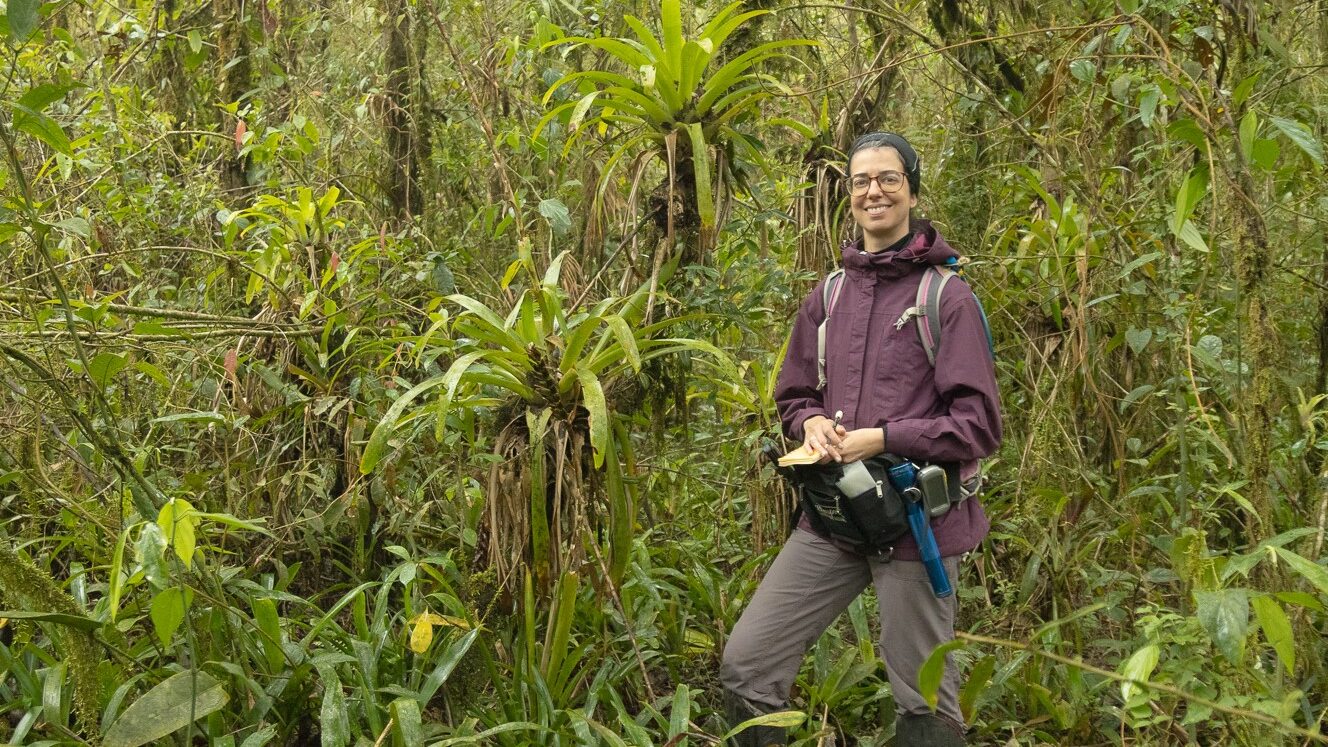
———
DASI ONG. IUCN SSC Amphibian Specialist Group Webinar Coordinator (Asia)
Dasi Ong, a devoted amphibian conservation researcher with a Master’s in Physiology and pursuing a Ph.D. in Analytical Biochemistry at Universiti Sains Malaysia, conducts multidisciplinary research on bioacoustics, proteomics, and ecology. Her focus is on the ecological proteomics of amphibians in Northern Peninsular Malaysia. As a Nature Educator at NatureClassroom (NGO), Penang, Dasi actively promotes environmental education through initiatives like “Into the World of Frogs.” She is also engaged in co-mentoring for bioacoustics equipment and training programs in Indonesia and Malaysia (Bleeding Toad Indonesia Bioacoustics group), Lisa Yang Centre for Conservation, Cornell University. Dasi’s academic journey and outreach efforts demonstrate her profound dedication to advancing amphibian conservation and environmental awareness. ong.dasi3[at]amphibians.org
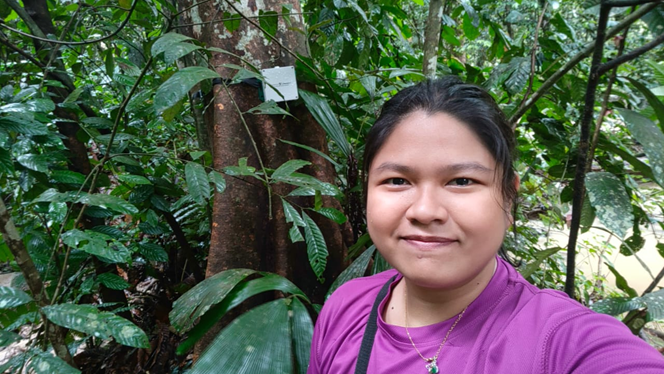
———
MARIA JOSE CHANG. IUCN SSC Amphibian Specialist Group Webinar Officer (America)
María José is a biologist from Guatemala currently pursuing a Bachelor’s degree in Biology at the University of San Carlos of Guatemala. She was an EDGE fellow during the 2021-2023 Latin America program. Her academic focus has been on the research and conservation of amphibians, with a specific emphasis on the cloud forests of Guatemala. She is passionate about promoting amphibian conservation by preserving their habitats and advocating for environmental education to foster community-driven conservation initiatives. mchang[at]amphibians.org
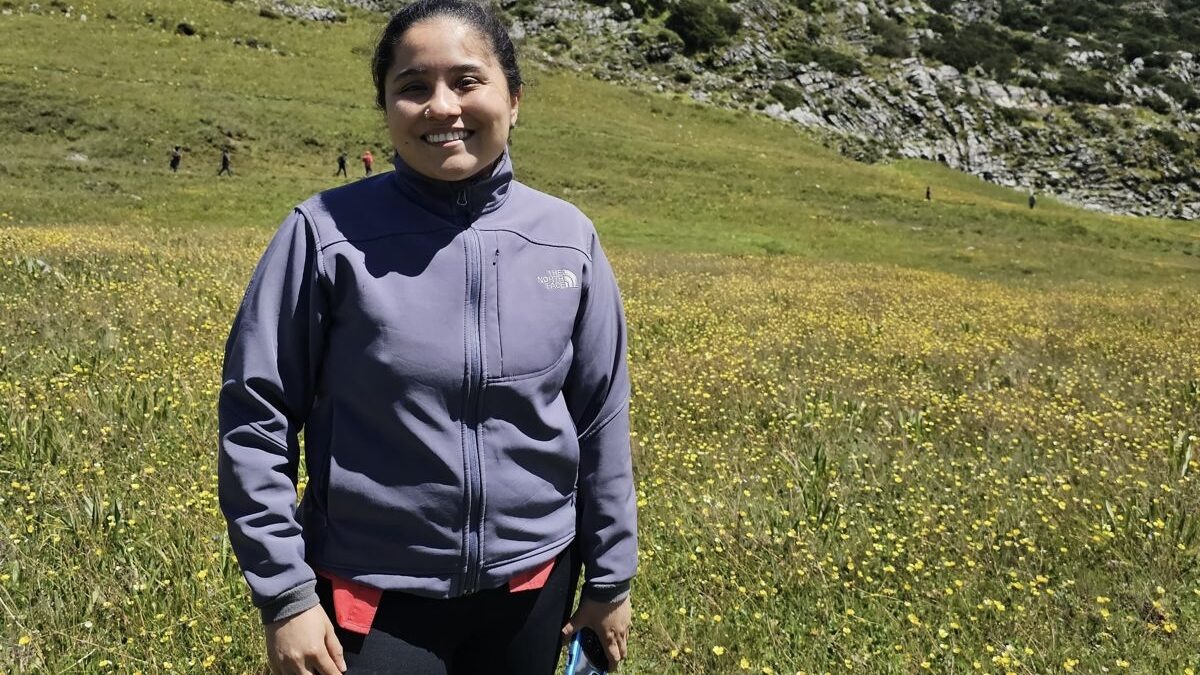
———
ARNO VAN NIEKERK. IUCN SSC Amphibian Specialist Group Webinar Officer (Africa)
Arno is a final year Environmental Sciences Masters student with the African Amphibian Conservation Research Group at North-West University, South Africa. His research project in Amphibian Conservation revolves around the reproductive behaviours of an Endangered frog species endemic to south-eastern South Africa, focusing on bioacoustics, long-term monitoring and behavioural observations in situ. Arno has a BSc degree in Ecology, and a BSc Honours in Wildlife Management from the University of Pretoria, South Africa. With a desire to advocate for threatened amphibians, he aims to advance his research career and strives to promote the conservation of amphibians and the protection of their habitats. [at]amphibians.org
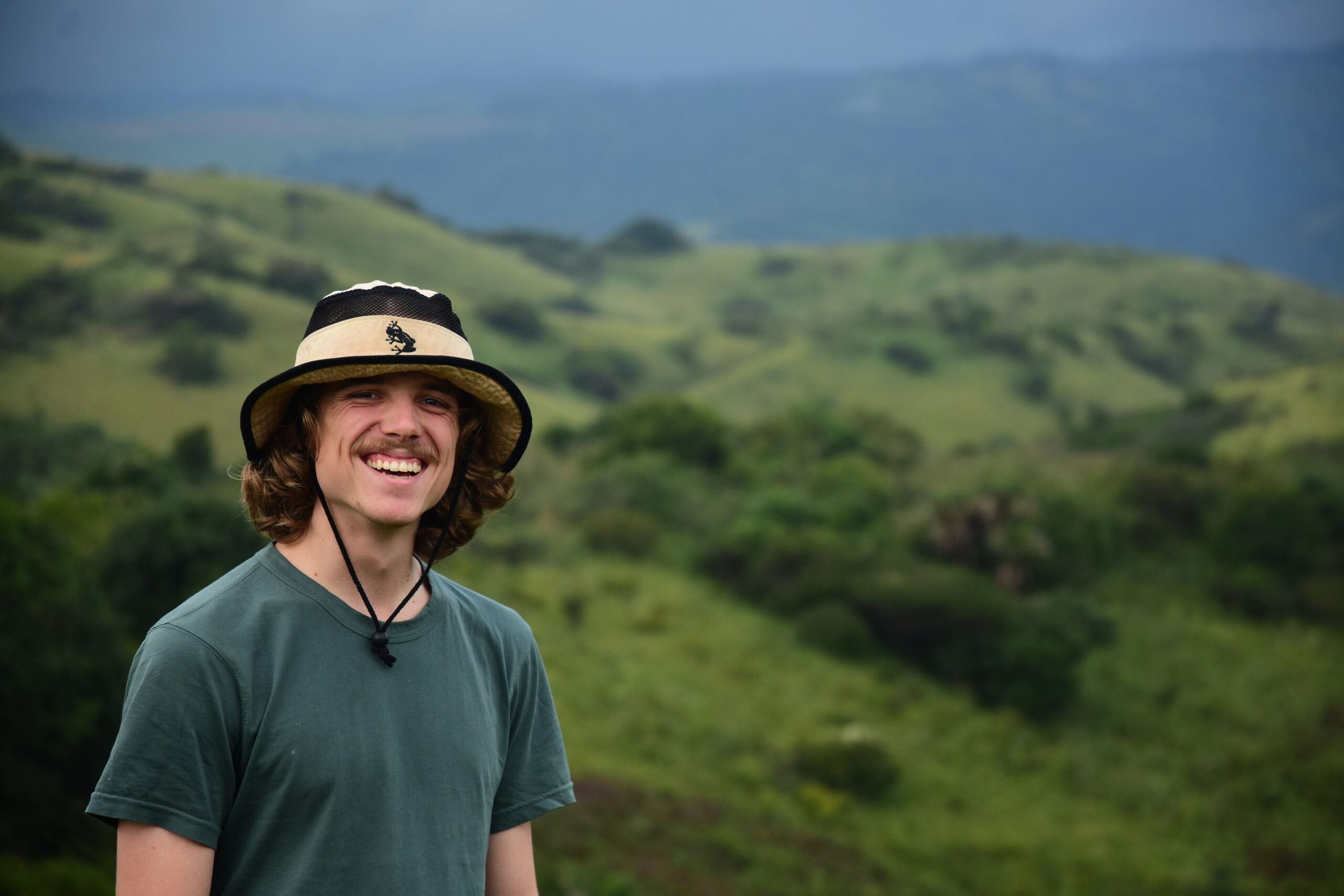
———
MARISA NAIA. IUCN SSC Amphibian Specialist Group Webinar Officer (Europe)
Marisa is a PhD student at CIBIO/BIOPOLIS – Research Centre in Biodiversity and Genetic Resources, Portugal. She holds a BSc in Biology and an MSc in Biodiversity, Genetics, and Evolution from the University of Porto. With a background in aquatic biodiversity and ecosystems, Marisa has dedicated her career to both research and environmental education. Her current work explores amphibian ecology, habitat changes, and science communication, combining interdisciplinary approaches to address key conservation challenges. Driven by a passion for biodiversity conservation, sustainability, and public engagement, Marisa seeks to bridge the gap between science and society for amphibian conservation. [at]amphibians.org
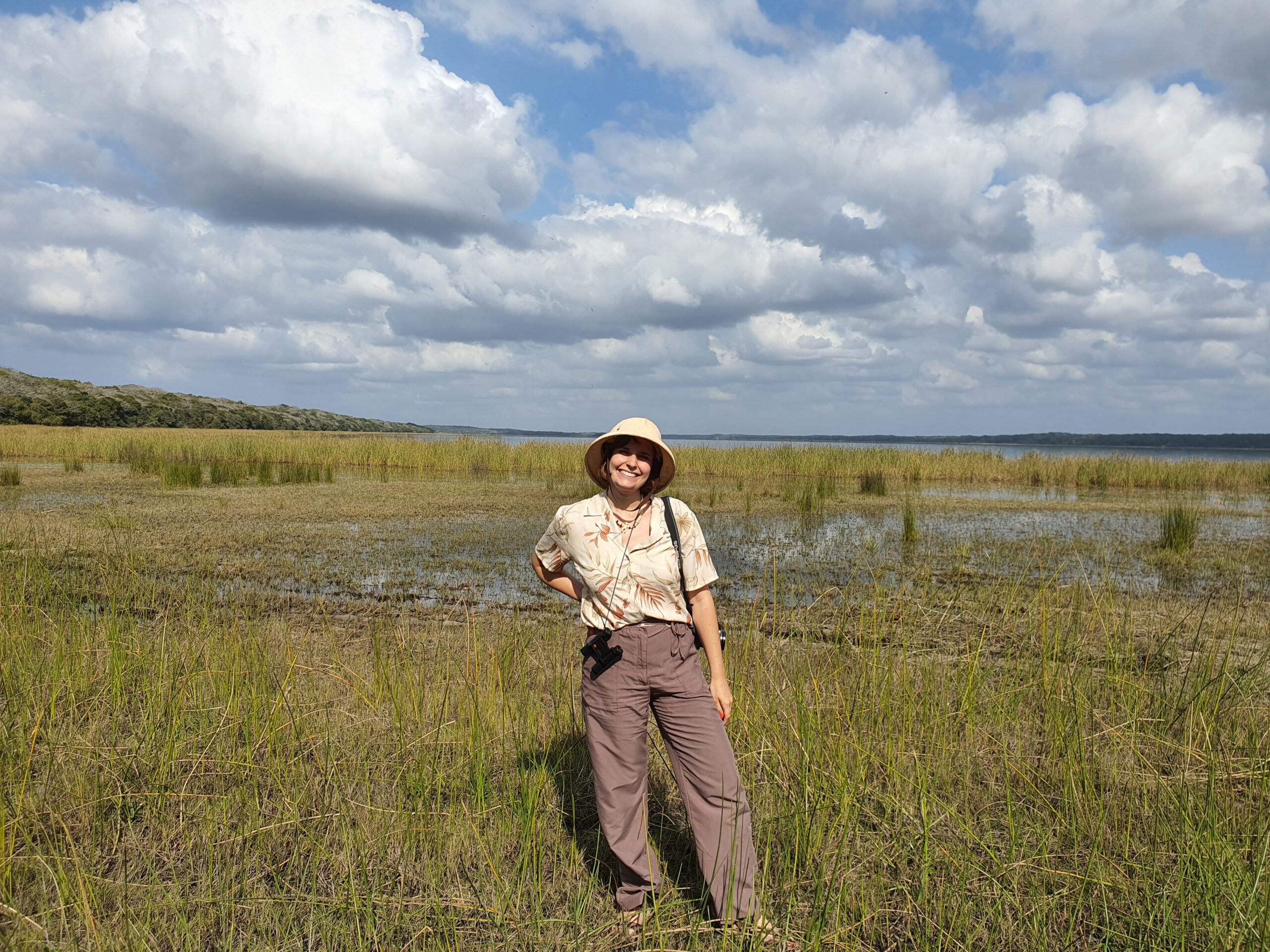
———
JANICE CHANSON. Red List Authority Global Co-Coordinator
Janice currently coordinates regional partnerships and implementation of the GAA3. She was part of the original team that completed the first GAA in 2004 and joined the ARLA team in 2020 to complete the GAA2. Based in Brisbane, Australia she also oversees Re:wild’s conservation work in Australia. jchanson[at]amphibians.org.
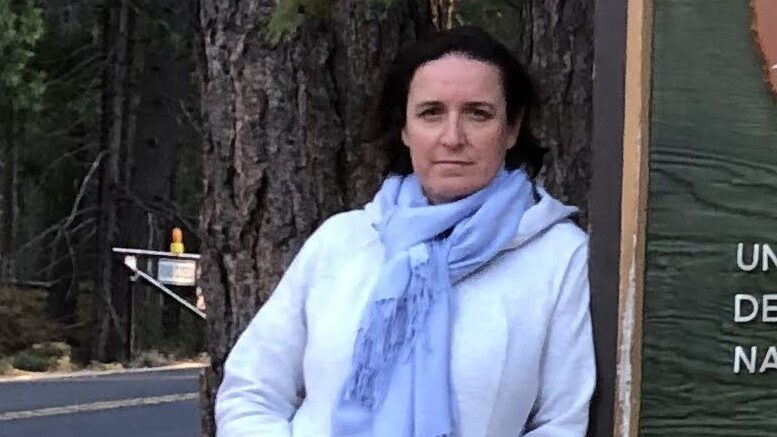
———
KELSEY NEAM. Red List Authority Global Programme Officer
Kelsey joined the ARLA in November 2015 and managed all New World amphibian assessments for the GAA2. She is currently the Species Priorities and Metrics Coordinator at Re:wild and is based in Washington, D.C., USA. kneam[at]amphibians.org.
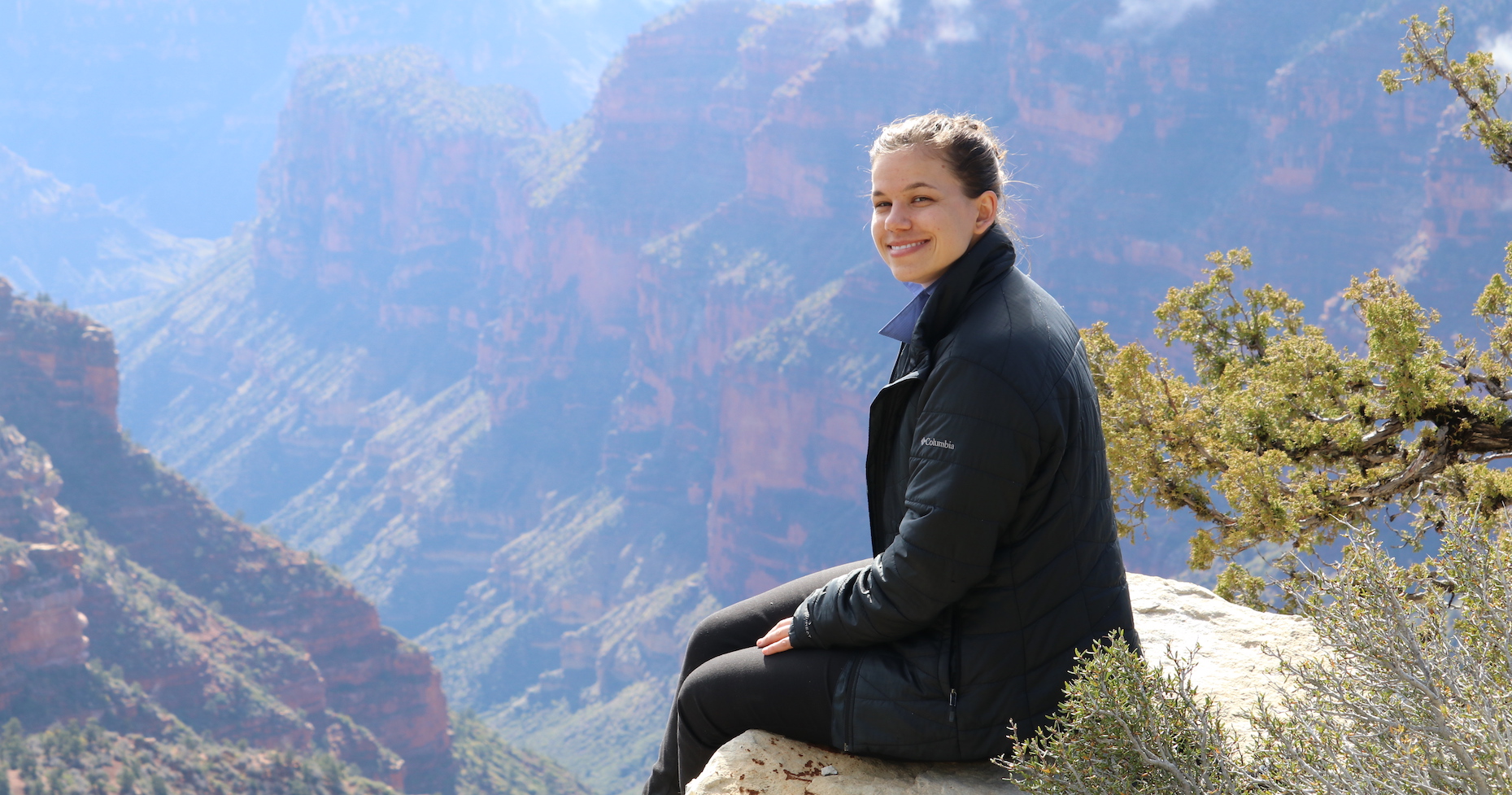
———
LOUISE HOBIN. Amphibian Red List Authority Coordinator for Africa, Europe and Asia (2015-2024)
Louise joined the ARLA in March 2015, and managed all Old World amphibian assessments for the GAA2 until its completion in July 2022. She rejoined in July 2024 and is currently the ARLA coordinator for Africa, Europe and Asia. She is based in Cornwall, UK.

———
KATIE HOFFMAN. Amphibian Red List Authority Coordinator for Mesoamerica
Katie is a Red List Assessment Officer focusing on reptiles and amphibians at the Center for Species Survival based in Albuquerque, New Mexico. She joined the ARLA team in 2024, coordinating the Mesoamerican Region of GAA3. She completed her Master’s degree research on the spadefoot toads of the Chihuahuan desert and was a professional zookeeper for over a decade before joining the CSS New Mexico team.
